My name is H. Beecher Hicks, III – but most people just call me Henry.
I’m frequently asked, then, why I insist on writing it as H. Beecher Hicks, III. I generally offer, simply, that this is the way my grandfather told me to write it. A true story, but, of course, there’s more to it than that.
I like my name. I’m proud of it. And, there’s even power in the name.
You see, I’m the third to carry this name. The two that came before me did themselves and their families proud. Both broke new ground with their levels of educational attainment; both led in civil rights, social justice and gender equality; both are known as writers and orators of unparalleled skill; both took seriously their call to shepherd the flock and to preach the gospel; and both raised families whose work to succeed is surpassed only by their efforts to serve.
Even as I write this I understand that’s a heavy burden for present and future generations to carry. But there’s also power in the name.
Because of their work, and because my name is H. Beecher, I’ve been in places as divergent as the White House and the Waffle House and had someone say “aren’t you Beecher’s boy?” My signature on emails and letters have resulted in compelling replies from the Smithsonian and from investment bankers. My name has gotten me airline upgrades, dinner reservations, job interviews, scholarships, credibility with politicians and priests, and I’m even occasionally promoted to the rank of “Dr. Hicks.” (Perhaps I’ll go back to school someday to make it true.)
There may be power in the name, but there are two sides to every coin.
Being H. Beecher cost me anonymity as a teenager in places that I shouldn’t have been and doing things that I shouldn’t have been doing. Being H. Beecher caused professors to scrutinize my work more carefully, bosses to question my skill, acquaintances to take advantage of my naiveté in attempts to enhance association or feign affiliation, and caused me to place undue pressure on myself to live up to the brand. I even get the occasional piece of mail from an eerie person who has watched from afar to determine where I live or work and who is compelled to share some dissonant information with me – because of what my name is.
But on balance, I really like my name. So much so that I’d really forgotten about the burden of being H. Beecher until recently.
My first born son is H. Beecher Hicks, IV. Henry is a great kid – bright and talented with unique blossoming gifts. However, a few weeks ago Henry made a decision that his mom and I weren’t pleased about. Crystal handled the discipline… but I had a few more things to say.
I waited a couple of days before bringing up the subject. I asked if he was proud of what he’d done. He said that he was “fine with it.” I asked him if he thought he’d made his mom proud. He said “no.” I asked him if he thought his grandparents would be proud. He said “no.”
From there, I reminded him that because his name was the same as mine, everything he did was a reflection on me… And went further to remind him that his work and actions were also a reflection on his grandfather and great-grandfather. I’m not sure he’d quite thought about it that way.
I tried to soften it up by pointing out that this was a two way street. My actions and body of work provide a foundation for his. I can also bring credit or shame to his name.
As I recall, our conversation came to a quiet close. We’d heard each other out and agreed to disagree.
A few hours later, in the stillness of the early morning, Crystal and I were awakened by a frightening cacophony of sounds coming from Henry’s room. Henry was not feeling well and after an hour or so of home remedies, it was clear that the emergency room was our next stop.
Fortunately a hospital is nearby; and so within a few minutes he was being seen by a doctor. Following a description of symptoms and a check of vital signs, the solution to this problem, we were told, was simple – “Henry, try to slow your breathing.”
Henry was hyperventilating. This caused him to have severe stomach pains and to present stroke-like symptoms due to a lack of oxygen in his blood. It took the rest of the night and the aid of some heavy drugs to restore his breathing to normal.
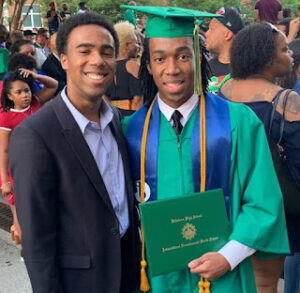
Later that week Henry told his mom that he felt a lot of pressure following our conversation earlier that night. The stress he was feeling as he went to bed, he believes, caused him to become ill. Of course, Crystal shared this with me, and I felt terrible about it.
There may be power in a name. But our names can be a burden too.
As Easter approaches this spring, there is no better illustration of the power and burden of a name than the story of Christ’s death, burial and resurrection. Many are familiar with the common refrain from Philippians 2 that “at the name of Jesus every knee shall bow… and every tongue confess…” That’s a lot of power!
We see example after example in the New Testament of the power of Jesus’ name. Faith in the name of Jesus enabled blind men to see, resurrected the dead, cured leprosy, calmed the seas and turned water into wine. One woman had so much faith in the power of His name that she believed that if she could just touch the hem of his robe she’d be made whole. There’s power in the name.
But even His name has its burdens. After leading and teaching a rag-tag group of followers for years, they still wouldn’t watch his back when he stepped away to pray, they still weren’t altogether convinced that he was the incarnation of God, and one of his most trusted boys is the one who sold him out and led him to his death.
And then there is the crucifixion itself. Despite the power in His name and having committed no sin, He had to bear the burden of being beaten, tortured, hung high, stretched wide, and dying on a cross.
To a much lesser degree, we all have a similar experience. Hence the phrase, perhaps, that we “all have our crosses to bear.”
Our names have power… and burden. Consider names such as Kennedy and King, Ford and Rockefeller. Those names represent something. They conjure up an image for us all. Triumph and tragedy, destiny and disaster follow each of these names.
Even more modern family names such as Reagan or Obama, or even Kardashian, bring images to mind. Each are powerful in their own way, but each person who carries that name bears a burden as well.
Your name represents something too. Your parents thought about your name – a lot. Some may consider your name to be the most valuable asset they can give you. For example, our younger son is not only a Hicks, but his first and middle names, Harrison Patton, represent the family names of his fraternal and maternal grandmothers respectively. This young man carries the expectations of three families around with him every day! But no matter how simple or elaborate, your name is significant for some reason.
And therein lies its power.
You’ve got something to live up to. A history, a future, an expectation, a hope, a wish, a prayer… Power.
Yet, as compelling and alluring as it is, and as much as it makes you stand up a little taller… Its inverse is its burden. It’s that nagging doubt that we all carry. Will you make your family proud? Will you achieve your goal? Will you bring credit to your name?
This is my experience, and Henry’s, and yours.
When I was a teenager going out with my friends, my dad would tell me on occasion to “remember what your name is.” While I always took note when he said that, it wasn’t until I was sitting at the foot of Henry’s hospital bed that night that I really considered the gravity of that statement.
I certainly hope that he, nor Harrison, has that medical experience again, but I’ve decided that I’m also okay with their names being a burden. That burden may keep them out of trouble. It will give them the drive to achieve, and to overcome, and to serve, and to make their names more powerful.
Of course, my job is to live up to my name as well. That’s the only way that I can contribute to the power of His name and to the power in theirs.
I periodically tell my boys that they make me proud, and that they live up to their names, just by being themselves. I also tell them to “remember what your name is!”
There’s power in the name.


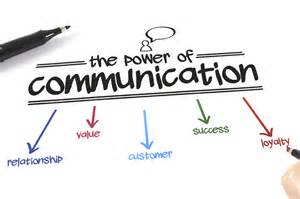
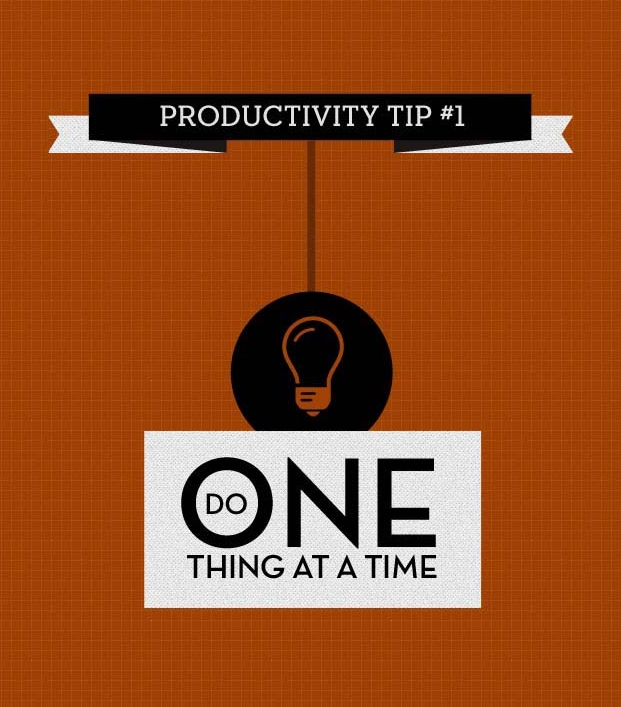
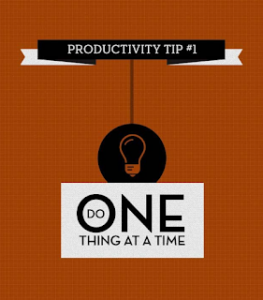
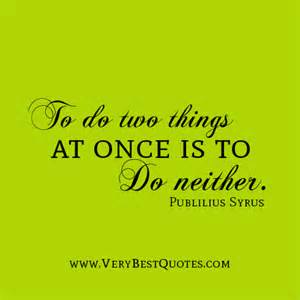 it worked out just fine, but I’ve often found that when it matters most, it doesn’t go so hot.
it worked out just fine, but I’ve often found that when it matters most, it doesn’t go so hot.


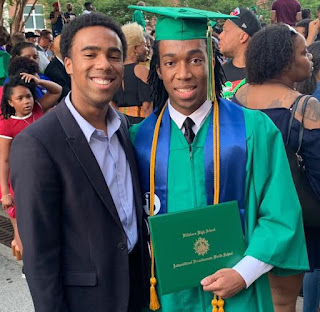



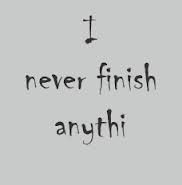









 My friends came by car and plane from all areas of the country to toast. His success is our own. His example is celebrated, but it was our celebration as much as it was his, and the weekend’s events provided all of us with the inspiration, reminder, support and motivation to continue in pursuit of our own callings. The joy we take in Jim’s achievements is what makes us brothers – fraternity brothers.
My friends came by car and plane from all areas of the country to toast. His success is our own. His example is celebrated, but it was our celebration as much as it was his, and the weekend’s events provided all of us with the inspiration, reminder, support and motivation to continue in pursuit of our own callings. The joy we take in Jim’s achievements is what makes us brothers – fraternity brothers.